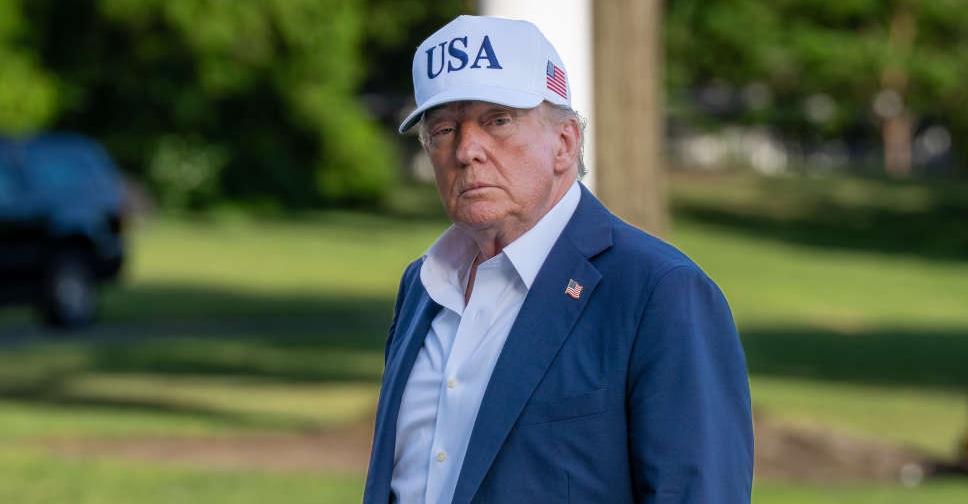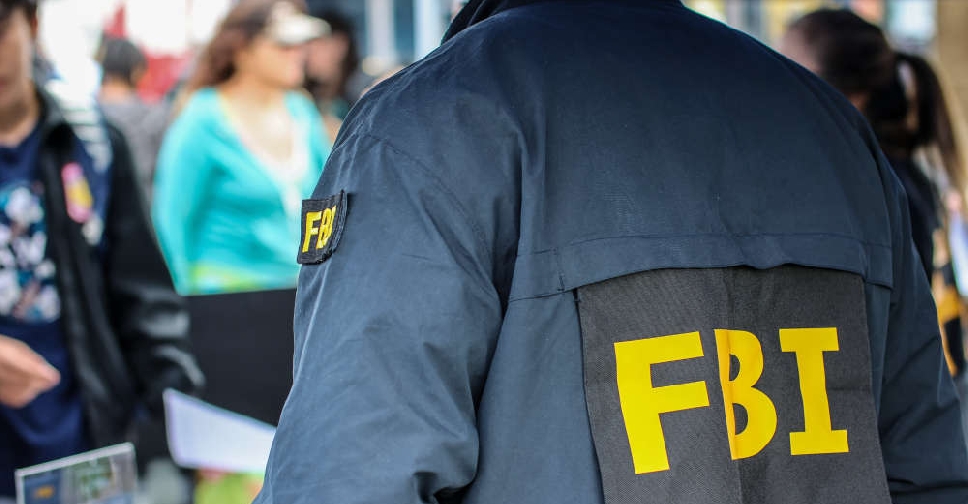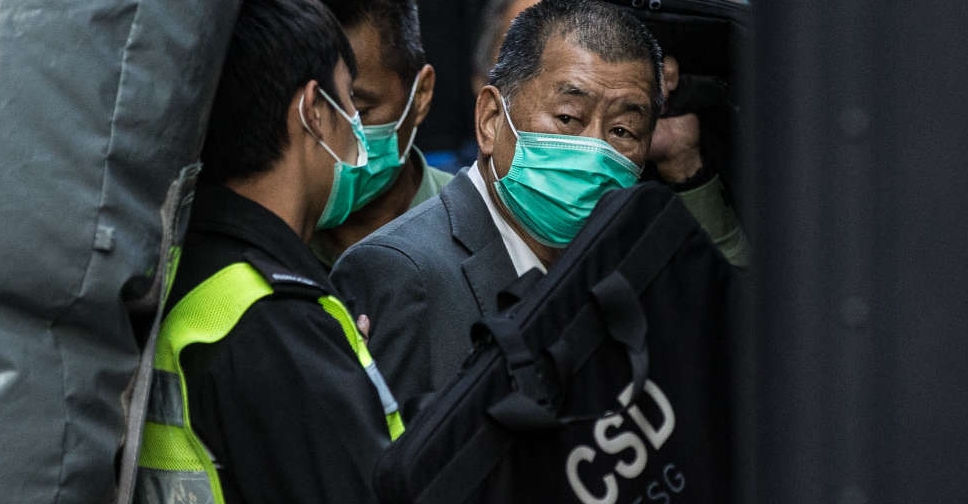
Hong Kong lawmakers on Tuesday unanimously passed a new national security bill within a fortnight of it being tabled, fast-tracking a major piece of legislation that critics say further threatens the city's freedoms.
The package, known as Article 23, punishes treason, sabotage, sedition, the theft of state secrets and espionage with up to life imprisonment.
The LegislativeCouncil stacked with pro-Beijing loyalists was first presented with the bill on March 8, following a month-long public consultation. Hong Kong's leader John Lee called it a "historic moment for Hong Kong".
Authorities say the legislation - which will come into effect on March 23 - is necessary to plug loopholes in the national security regime despite the enactment of a sweeping China-imposed national security law that has been used to jail pro-democracy activists.
The new law will have extraterritorial effect, giving rise to fears it could be used to intimidate and restrict the free speech of residents outside Hong Kong.
Critics, including the US government, say the law will further narrow freedoms in the global financial hub, and could be used to "eliminate dissent through the fear of arrest and detention".
The US Congressional-Executive Commission on China - which advises the US Congress - published a letter to Secretary of State Antony Blinken last Thursday to oppose the new laws and urged the US government to "take additional steps to protect American citizens and businesses".
"An ever-expanding notion of national security will only make Hong Kong less safe for US businesses and citizens living in Hong Kong as well as Hong Kongers seeking to exercise their fundamental freedoms," it wrote.
China's Foreign Ministry Commissioner's office in Hong Kong condemned the US for its criticism.
"Immediately stop the political manipulation and interference in Hong Kong affairs," it said in a statement.



 Family of alleged Bondi gunman unaware of 'radical mindset', say Indian police
Family of alleged Bondi gunman unaware of 'radical mindset', say Indian police
 Israeli forces kill Palestinian teen in West Bank, health ministry says
Israeli forces kill Palestinian teen in West Bank, health ministry says
 Trump sues BBC for defamation, seeks up to $10 billion in damages
Trump sues BBC for defamation, seeks up to $10 billion in damages
 FBI foils 'terror plot' targeting Los Angeles
FBI foils 'terror plot' targeting Los Angeles
 Hong Kong court finds tycoon Jimmy Lai guilty in landmark security trial
Hong Kong court finds tycoon Jimmy Lai guilty in landmark security trial







